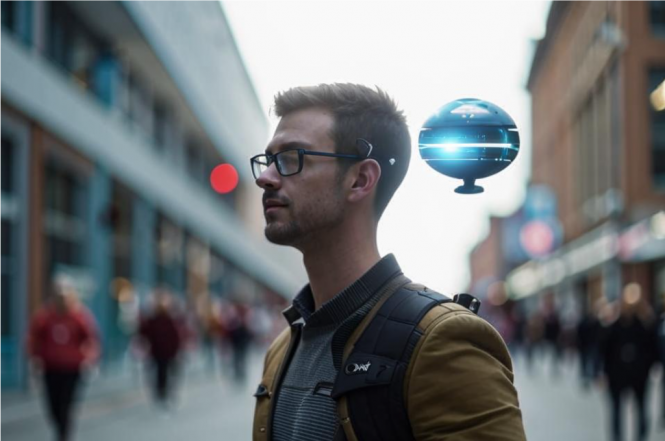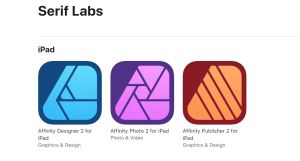 The collaboration of OpenAI and io: what do we expect?
The collaboration of OpenAI and io: what do we expect?
This week, all major tech news outlets were talking about the bromance of Sam Altman and Jony Ive. The CEO of OpenAI and the legendary former designer of Apple (who’s believed to be one of the key architects of the company’s success) aim to build a device that will revolutionize the domain of personal consumer electronics. As corny and threadbare as it sounds, this time, we may actually be on the verge of witnessing a breakthrough.
Let’s review the collaboration between Altman and Ive, and reflect a bit on what the outcome might be.
Altman and Ive: the overview
The understanding that the two shared values and can work together to create something grand emerged in 2023. A bit later, in 2024, Jony Ive co-founded io, a hardware startup aiming to build AI-powered products.
Fast forward to 2025. In May, OpenAI announced that it will be acquiring Ive’s startup for $6.4-$6.5 billion in an all-stock deal. The company hasn’t really been active in the buying role, but the businesses it did merge into itself previously – Rockset and Windsurf – seem to align with its strategy quite well, and so does io.
Ive and his design studio LoveFrom now spearhead creative and design efforts in both OpenAI and io. What is rumored to be in the works will, presumably, move beyond traditional interfaces, tap into the realm of ambient computing, and bring around the real AI wearables that respond to natural language, gestures, and emotions. The generic name the product was labeled with is “AI companion.”
The plans are very bold: OpenAI and io intend to make 100 million AI companions, and consequently add $1 trillion to the joined company’s value. Ive, dwelling on 30 years of design experience, says it is his destiny and responsibility to create products that elevate humanity.
So what do we expect?
Basically, the voice assistant in your phone is the companion. However, what Altman and Ive are building is rumored to be screenless, so it may have some haptic and voice interface instead. The expected awareness of the surroundings suggests a proactive approach to communication: like many smart watches detect you running and suggest filing a respective workout session, the OpenAI’s companion may offer some actions in appropriate situations, with the coverage extending far beyond sports. This proactiveness, driven by AI and the companion’s knowledge of your life, may eventually feel like mind-reading.
In practical terms, such an AI companion may start taking care of a ton of things without our involvement at all. Imagine getting home and having the temperature changed to your liking, lights switched where needed, coffee brewed, etc., and you don’t do anything for all that to happen.
Given the achievements of both Altman and Ive, we are positively in for a very interesting ride.



